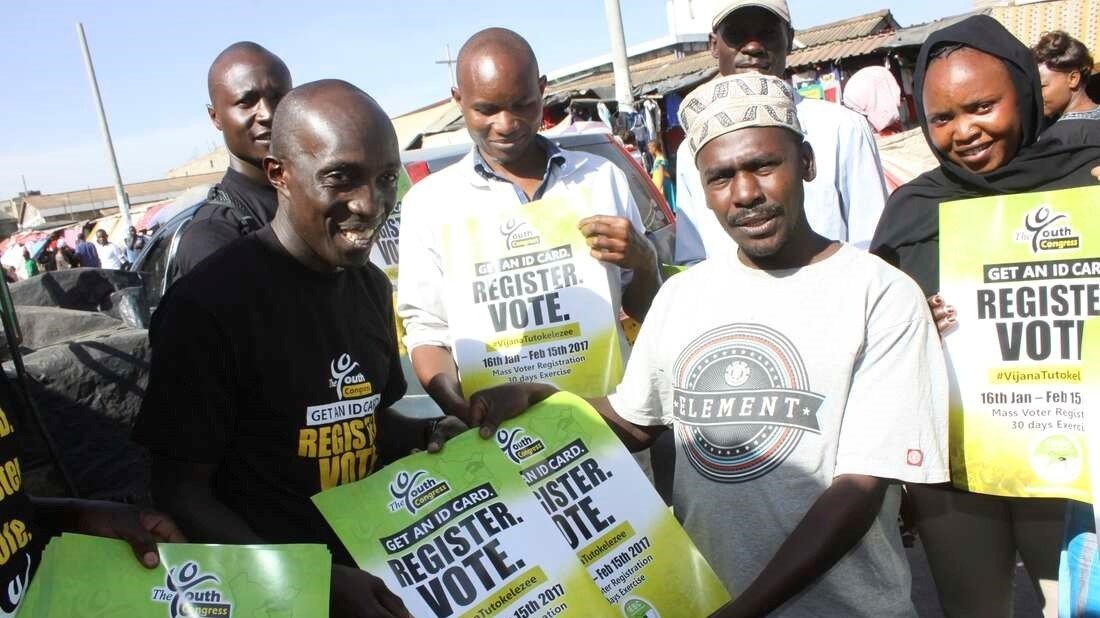The Youth Café will be taking part in a webinar that will be addressing the root barriers to youth participation in elections as well as persuade the youth to see that if they use their numerical superiority there is no African country whose elections they cannot impact materially. The Mandela Institute for Development Studies will host the event, which will take place on September 21, 2022.
Aspiration 6 of Agenda 2063, the development blueprint formulated by the African Union (AU), is rooted in an Africa, whose development is people-driven, leveraging the potential of African people, especially its women and youth. The pillar places the youth at the center of driving and contributing to achieving the development vision in Africa.
The Youth Café (TYC) is a prime example of African youth governance architecture. One of The Eight Thematic Areas of our work is governance and political inclusion, which is a focal point of the organization's activity. TYC strives to create an environment that is open, democratic, and accountable.
The Mandela Institute of Development Studies’ previous reconvening has established that Action activities were identified as crucial in the pre-and post- elections period as part of a longer-term continuing strategy.
Three key areas for youth engagement are considering youth as voters, electoral contestants, and election managers. In addition to active participation as voters on election day, there is a need to include actions that will encourage young people to enter the political space and be represented in political parties and hence in legislative structures.
The proposed objectives of the dialogue include; Facilitating information exchange between different youth organizations on how to promote youth participation throughout the electoral cycle, including innovative ideas for such engagement.
Secondly, Discuss short and long-term means of removing Barriers to Youth Participation in elections taking the African background into consideration. Lastly, Explore experiences and innovative approaches already applied, while also identifying additional best practices and lessons learned from youth participating in elections around the continent.

